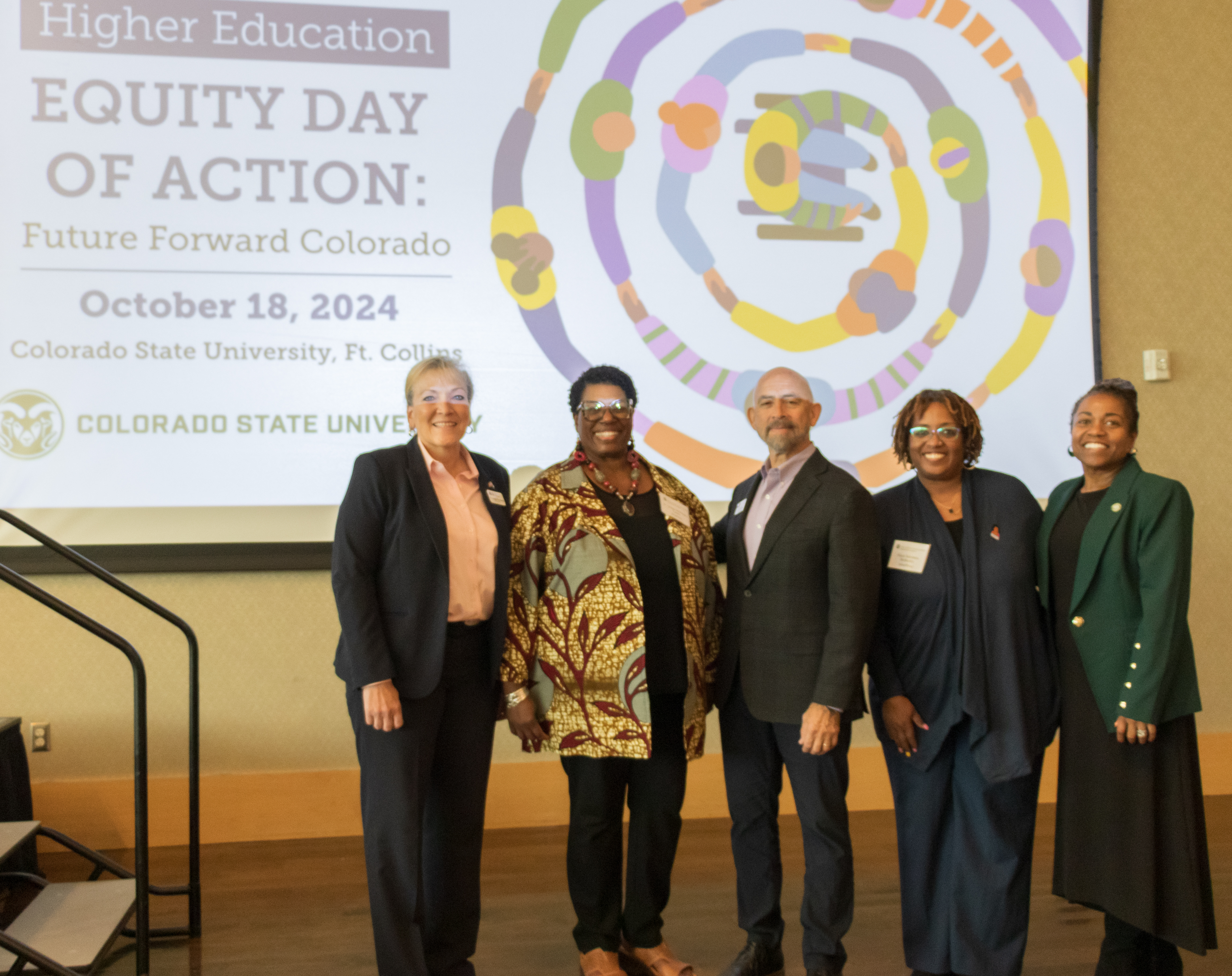When people from Colorado’s larger front range cities or even its smaller resort communities read or talk about “rural” Colorado, they often imagine our small towns on the brink of extinction as populations age, agricultural and energy economies wither, and young people seek better futures elsewhere.
As a long-time resident of southern Colorado and as Chancellor of the Colorado Community College System (CCCS), I believe nothing could be further from the truth. Colorado’s rural communities are wonderful places to live, work, play, and build a future, but they can do so only with our continued investment and attention. Across CCCS, we are committed to strengthening our colleges to be effective partners in building sustainable economies while also preserving the rural way of life that is the foundation of Colorado’s western heritage.
Strengthening the Rural Workforce
Seven of our 13 colleges serve Colorado’s most rural areas and are often the only education and training providers for hundreds of miles. Our presidents take this responsibility seriously, ensuring programs offer a solid return on investment while meeting regional workforce needs. Schools like Northeastern Junior College (NJC) and Morgan Community College (MCC), for example, are teaching the latest practices in precision agriculture and animal science to help ranches and farms adapt to modern techniques. Colorado Northwestern Community College is ramping up programs that align with emerging industries—like aviation and tourism and recreation— as the number of traditional coal jobs continues to decline.
Beyond programming, rural colleges offer a wellspring of community resources. Lamar Community College (LCC) launched the area’s first “makerspace” that invites community members to tinker with tools like laser cutters and 3D printers and imagine new and innovative businesses. Several colleges participate in the state’s Colorado Partnership for Education and Rural Revitalization project that is rebuilding dilapidated homes across Southeast Colorado, returning them to the property tax rolls while creating much-needed housing.
Transforming Rural Education
Without rural colleges’ contributions to civic and cultural life and the workforce they train, there is little hope for the futures our rural residents deserve. That’s why we’re taking bold steps to transform rural education and meet the needs of today’s learners.
One example is the Rural College Consortium (RCC). Thanks to an $8.6 million investment from the Colorado General Assembly, we are virtually connecting courses and student services across seven colleges and 16 campuses. Under the RCC, colleges will share IT systems, processes, and practices to offer collaborative academic and workforce training programs, as well as advising, tutoring, and other student support services. By sharing instructional resources and student enrollments, we can offer programs that reach students in rural communities so that they have the same access to diverse, high-quality programs that our urban and suburban students take for granted.
We are also adding bachelor’s degree offerings so students can earn a four-year degree without leaving home. MCC recently won a grant to expand its Registered Nursing to Bachelor of Science of Nursing pathway to its sister colleges on the eastern plains. This “grow your own” approach will make an immediate impact on the state’s nursing shortage that has hit rural towns particularly hard.
Our colleges are tackling the state’s educator shortage with a similar approach. Working with the University of Colorado Denver (CU Denver), we launched The Partnership for Rural Educator Preparation (T-PREP) that allows students at Trinidad State College (TSC), Otero College, and NJC to transfer credits and earn a bachelor’s degree from CU Denver without leaving their communities. T-PREP has already produced more than a dozen graduates with more than 50 prospective educators in the pipeline today.
Partnering for the Long Haul
Be it the Dust Bowl, the 2008 recession, or, most recently, the COVID-19 pandemic, CCCS colleges have helped small towns rise to big challenges. As in decades past, we are reimagining teaching and learning models to better meet the needs of rural communities. While we have always been part of their history, we are essential to their future.
Joe Garcia of Denver is the chancellor of the Colorado Community College System and a former lieutenant governor of Colorado. He also formerly was president of the Western Interstate Commission for Higher Education, president of Colorado State University-Pueblo and president of Pikes Peak Community College.


